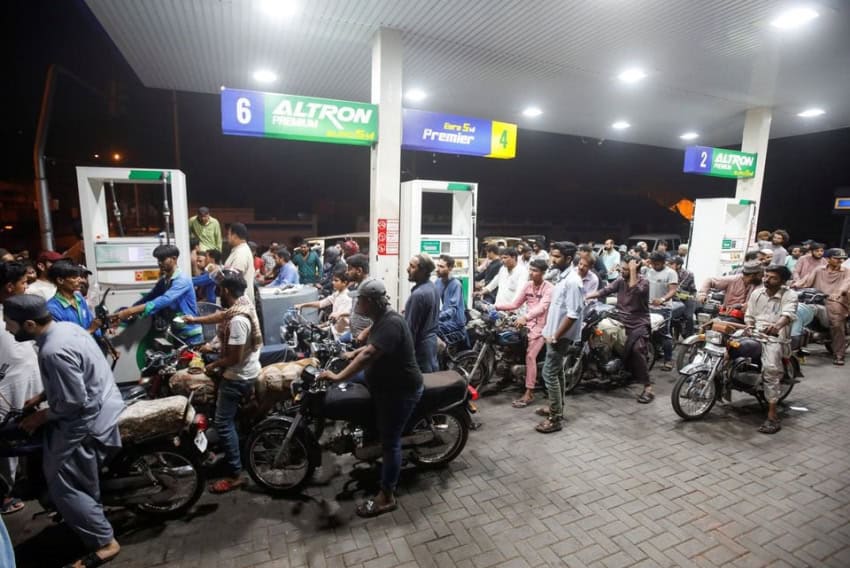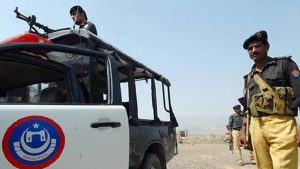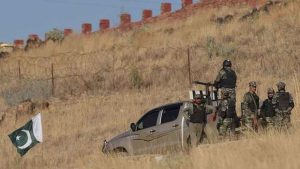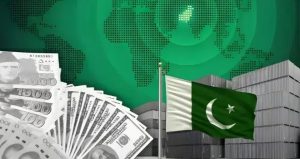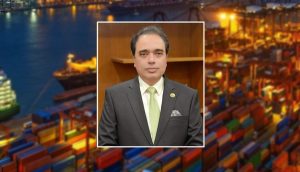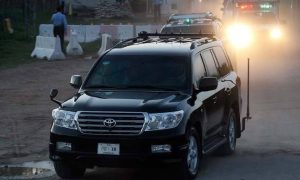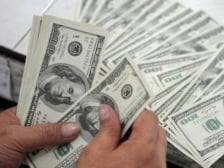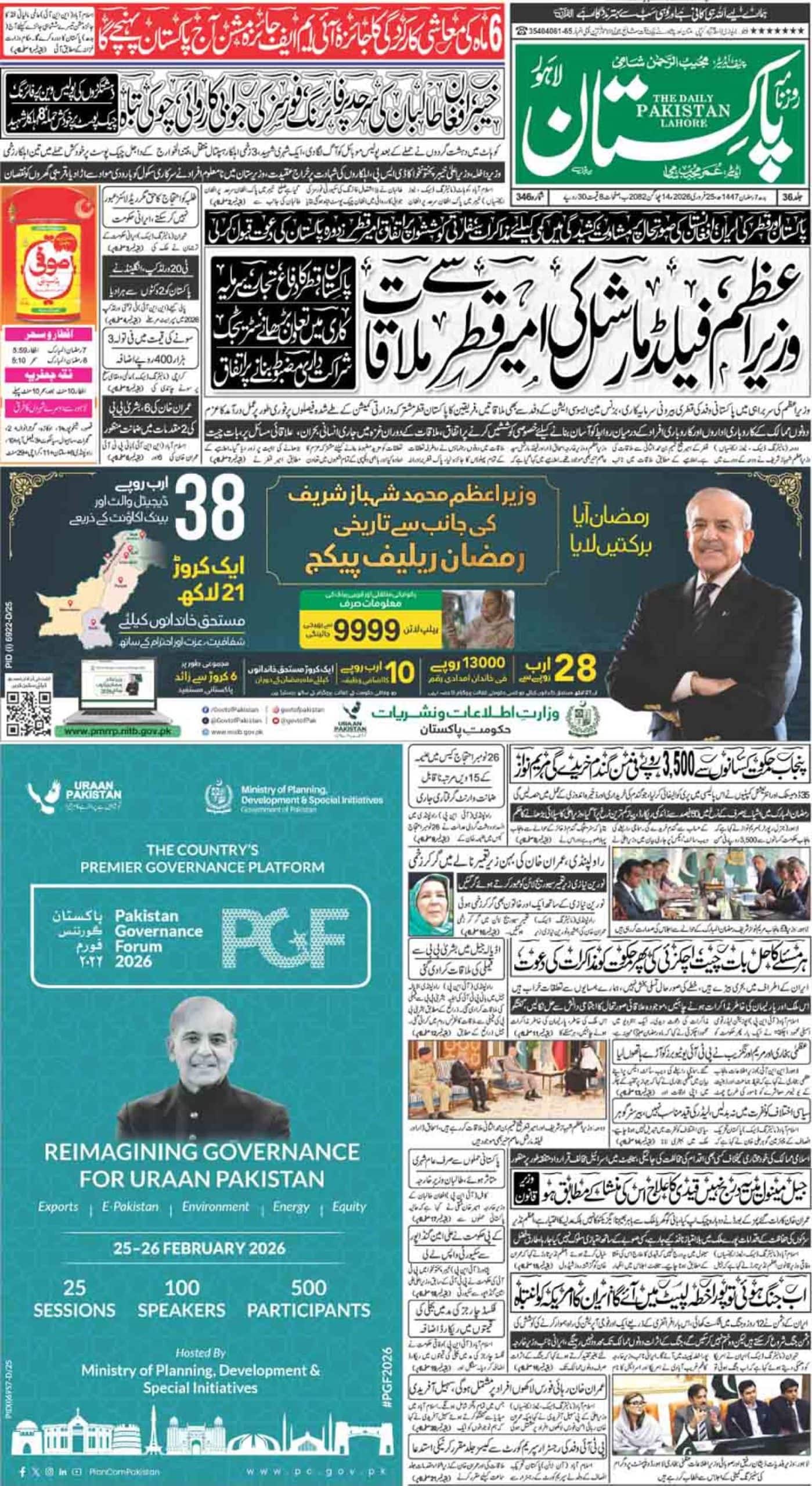KARACHI – The Pakistan Petroleum Dealers Association has swiftly reversed its decision to continue a nationwide strike at petrol pumps, citing critical issues faced by tourists in northern regions as the primary reason for their abrupt change.
Chairman Abdul Sami Khan, alongside key officials, conveyed in a press conference held in Karachi that the strike, originally intended to last a single day, had been successfully suspended. Khan empathized with the inconvenience caused, particularly to motorcyclists, due to the association’s move.
“The decision to suspend today’s strike was crucial, considering the plight of tourists stranded in Malakand, Swat, and Hazara,” Khan explained. He acknowledged the challenges in maintaining the strike amid significant government opposition.
Despite calling off the strike immediately, Khan emphasized that this was not a permanent resolution but a temporary postponement. He highlighted pressures from district and assistant commissioners in Hazara Division, Punjab, and Malakand, which coerced some dealers to comply under duress.
Khan underscored the scenes of long queues of vehicles in tourist areas, illustrating the necessity of halting the strike to alleviate immediate hardships faced by visitors. He cautioned against a potential rise in illicit petrol sales during the suspension period and criticized the government’s imposition of double taxation on the industry.
The Chairman further announced the expulsion of four association members, blaming government authorities for their unilateral tax decisions. “Previously, our concerns were always addressed through consultations prior to budgetary decisions,” Khan lamented, pointing out the recent lack of dialogue despite meetings with the Finance Minister, FBR Chairman, and other officials.
He affirmed the association’s commitment to further action if their demands were not met, including potential protests in Islamabad. Khan highlighted the financial strain on dealers, now subject to a 0.5% tax increase, translating to an average of one million rupees in additional taxes based on sales. He reassured that all transactions by dealers were fully documented.
Earlier, the association had convened an emergency meeting to strategize its response following the nationwide strike.
Khan provided context, noting that Karachi houses over 525 petrol pumps, with approximately 20 operated directly by companies and 30 to 35 leased to dealers. He emphasized that while most dealer-operated pumps were closed during the strike, company-operated stations continued to serve customers. He also pointed out that Karachi sees daily sales of petrol and diesel ranging from 3.5 to 4 million liters.

